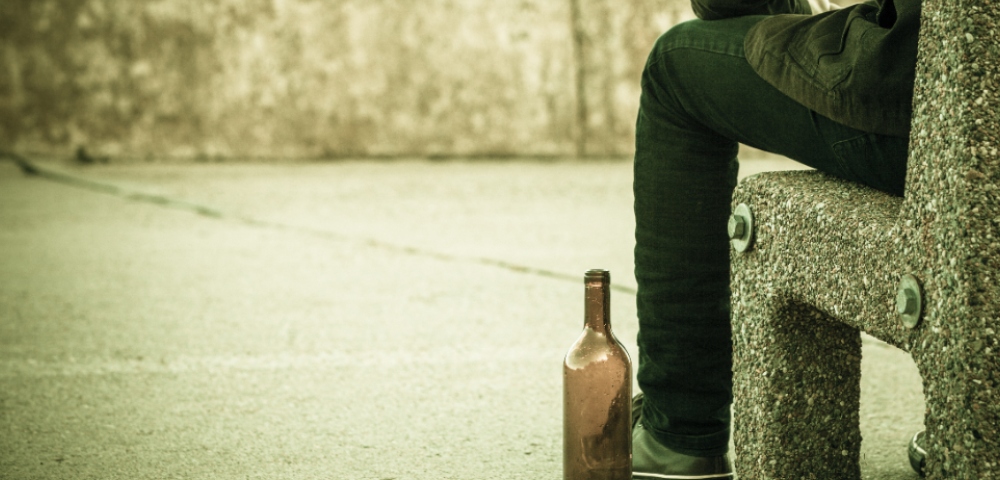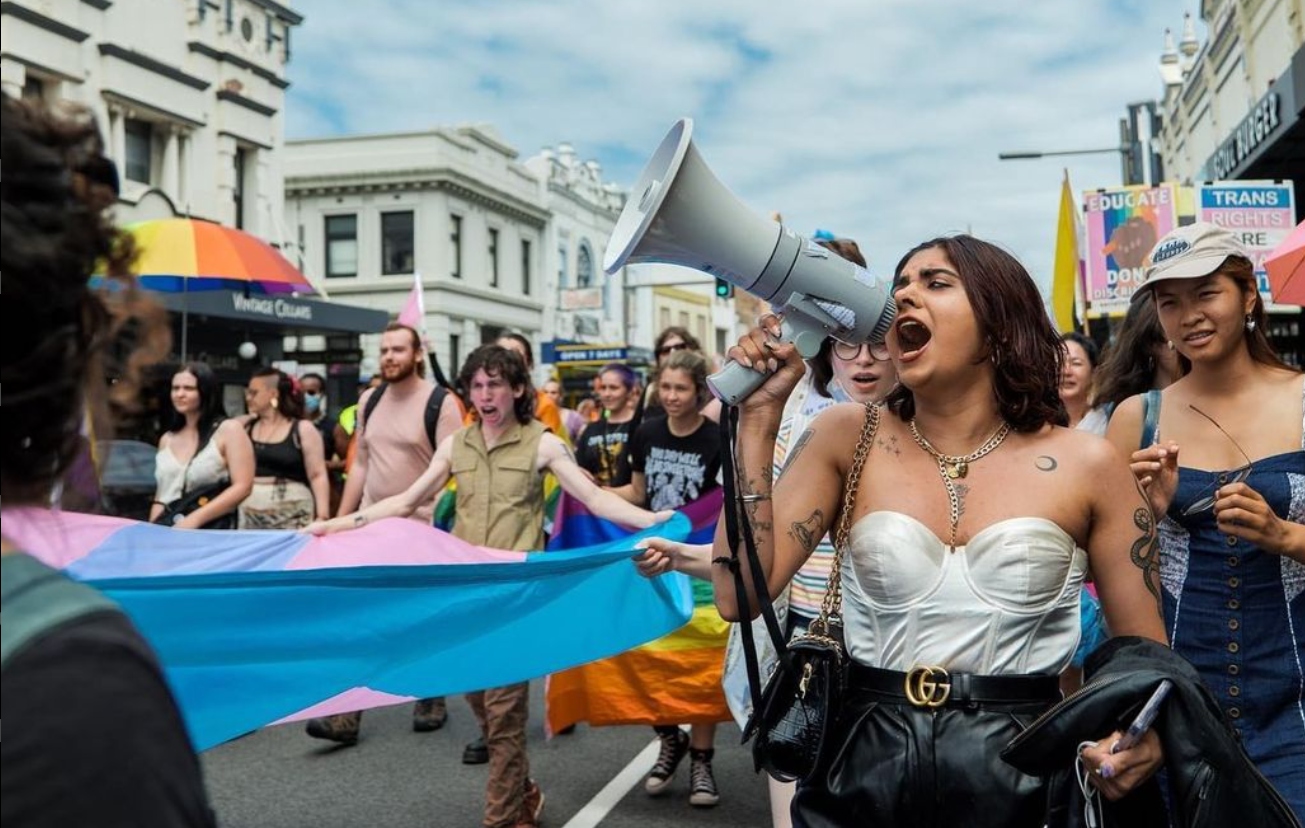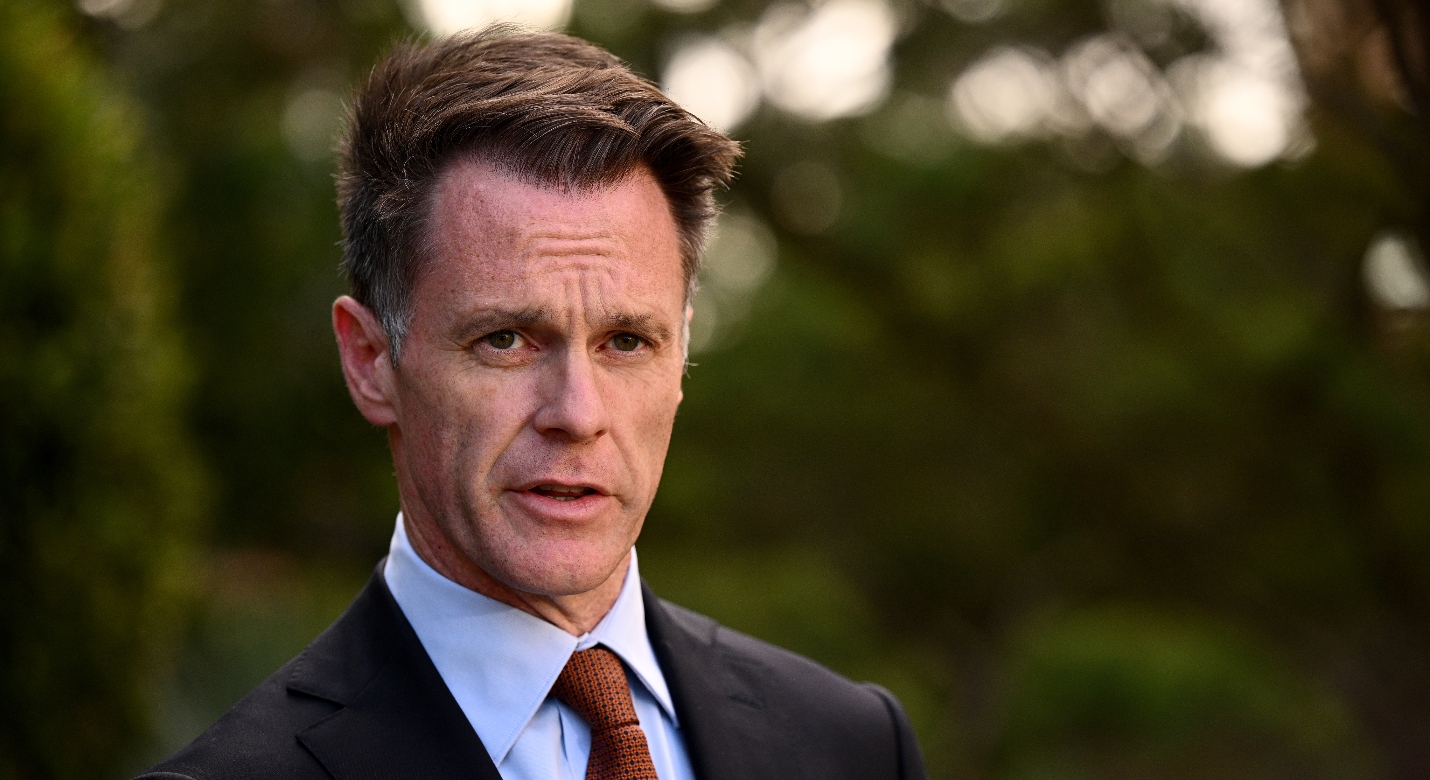

by GRACE JOHNSON
The City of Sydney is looking to expand alcohol free zones following NSW Police’s request for additional zones.
Alcohol free zones are renewed at a maximum of every four years and are used by councils across the state as a way to prevent alcohol-related antisocial behaviour and crime. Current zones will expire next month on December 15.
NSW Police had reportedly written to City of Sydney and requested many new zones but were unable to justify why these zones would be necessary.
With the City of Sydney council now looking to increase the number of the alcohol free zones, some have raised concerns about how this zones might negatively impact vulnerable groups of people. Police have been criticised for targeting Aboriginal people and people experiencing homelessness.
Due to the history of how police have exerted their powers in the area, City of Sydney is one of the few councils that have to consult with the Anti-Discrimination Board before extending alcohol free zones.
Currently, Council is proposing to renew 294 alcohol free zones and 112 alcohol prohibited areas, both of which are in operation 24 hours a day, 7 days a week.
They are also seeking to add 15 new alcohol free zones and 2 alcohol prohibited areas.
A map of the current and proposed alcohol zones shows that the biggest cluster of alcohol prohibited areas lies in Redfern and Waterloo, an area of Sydney where police have historically abused their powers the most.
The wrong approach
City of Sydney Councillor Sylvie Ellsmore spoke to City Hub, saying that the current system of fining people and increasing alcohol free zones are the wrong way to approach managing drinking in public.
“We understand better now that they’re the wrong way to deal with concerns around people feeling safe in local areas and that they don’t work anyway,” said Councillor Ellsmore.
“They give people the perception of safety but all they do primarily is they’re used to target people who aren’t causing any damage or any harm.”
“The police don’t need additional powers for them to move along people who aren’t doing anything wrong and aren’t intimidating or hurting anyone.”
In NSW, it is legal to drink in any street, park or car park unless the local council has designated that area as an alcohol-free zone (AFZ) or an alcohol-prohibited area (APA). AFZs are road-related areas like public roads, footpaths or car parks, while APAs are non-road-related places like parks.
However, these zones give police extra powers to take and pour people’s alcohol out, even if they are not being disruptive or harmful. If someone refuses to pour out their alcohol, they can be given an obstruction charge and fined up to $2,200.
If someone fails to pay the $2,200 fine, they can be sent to prison, setting off a chain effect and potentially resulting in serious criminal records, despite never having caused any harm.
Councillor Ellsmore asserted that there could be an argument alcohol free zones in quiet residential areas or where clusters of new alcohol venues have opened.
“Where people can spill out onto the street after the venues have closed could be an argument, having alcohol free zones can be a good idea,” she said.
But this would have to be assessed on a case-by-case basis, she emphasised.
The proposed zones will be discussed at tonight’s City of Sydney council meeting. Further information from the Aboriginal Legal Centre and Homelessness NSW will also be put forward.









